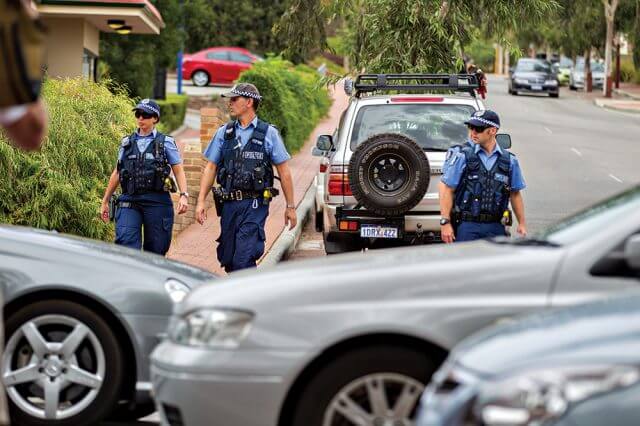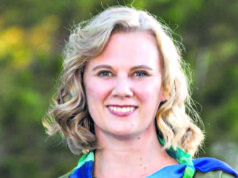WA police will beef up detective office numbers with officers from local policing teams over summer to combat the continued rise in criminal offences since winter.
The movement of officers is in response to a 15 to 20 per cent crime spike against property and people, which has continued since July.
In the southeast, crime has also continued to rise. In October offences against the person were similar to October 2014 but offences against property increased by 367 to 3277.
Theft had the biggest increase with more than 200 more incidents in October this year compared with last year.
A police spokeswoman said 20 additional officers would be added to detective’s offices at Armadale and Kensington from December to February.
“(They) will focus on those offenders we know are contributing to volume crime in our suburbs,” she said.
The officers will predominantly come from existing local policing teams but the spokeswoman said it would not impact their service.
“In most cases because of the relatively low numbers from each station there will be no noticeable change in the services your local teams currently offer,” she said.
“The movement into detective’s offices for the summer period is to ensure that they are able to prioritise investigations into volume crime offenders.”
The spokeswoman said increases in crime were continually being investigated to identify core drivers.
“Many drivers of crime are complex issues and are both societal and demographic in nature,” she said.
Murdoch university criminology lecturer Joe Clare said the increase could be attributed to a number of factors including population growth and new technologies like pay pass.
“One of the things that’s really important from a crime stats perspective is always to know more about what’s going up and why,” he said.
“Things like possession of drug type offences where that’s a product of police getting out into the community doing active police investigations and that’s a consequence of coming into contact with more people.”
Dr Clare said it was a good sign that police were responding to their own data.
“I think it’s great when any government agency is using their data to drive decision making,” he said.
“I’m supportive of that initiative from police about using info to drive what it is that they’re doing.”














